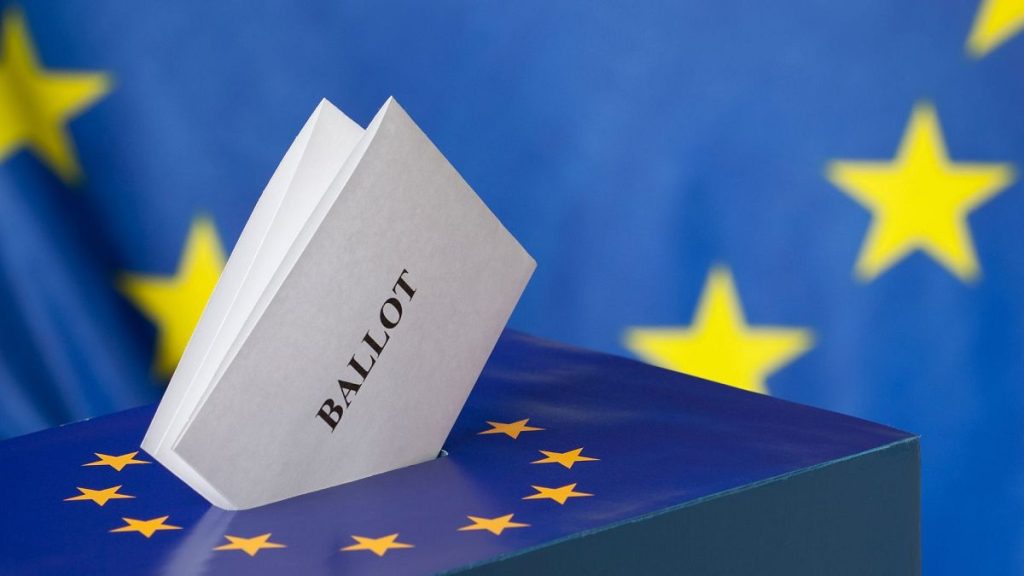In the lead-up to the European elections, experts share tips on how to identify and defend against misleading claims and harmful content online. 2024 is being dubbed the ‘year of elections’, with at least 64 countries set to hold polls. The US will have a presidential election in November, the UK likely to have a general election by January 2025, and the European Union will see parties across the political spectrum vying for seats in the European Parliament in June. This provides ample opportunity for misinformation to spread, on both the campaign trail and online, making it essential to be vigilant. Misinformation during elections can take various forms such as rumours about candidates, conspiracy theories, and deep fakes. The sources of false information include politicians, individuals with financial motivations, and the public themselves.
Experts suggest that taking a critical approach to news is crucial to avoid falling for fake information. It’s important to verify the source of a claim, especially if it seems overly positive or negative about a political opponent. Being cautious is key, but crossing over into cynicism, where trust in all sources is lost, is dangerous for democracy. Experts advise on the importance of learning to differentiate between those who are working for the public good and those seeking personal gain, as this can help in filtering out misinformation. Trustworthy, nonpartisan sources of news are recommended over partisan sources and random online voices. Regularly checking in on neutral news outlets and fact-checking websites like the Associated Press and AFP can offer reliable information.
When encountering deep fakes, relying on fact-checkers is crucial, as studies have shown the human eye is not always capable of identifying digitally manipulated content. Experts also emphasize the importance of listening to experts when faced with complex political issues or legislation during election campaigns. Media outlets and journalists historically acted as important mediators by objectively summarizing information for the public. Due to a loss of trust in the media in recent years, the challenge now is for journalists to regain that trust and direct people towards credible sources. Respecting democracy and not demonizing the opposing political side is another important aspect that can help in reducing misinformation. Maintaining tolerance and recognizing the legitimacy of political opponents, even if there are disagreements, can prevent susceptibility to fake news and harmful discourse.
Misinformation can breed intolerance, making it crucial to uphold democratic values and respect all sides of the political spectrum. While it is natural to disagree with political opponents, acknowledging their legitimacy can help prevent the spread of falsehoods. Losing tolerance for the other side opens the door to believing and spreading misinformation, so it is essential to maintain basic respect for political adversaries. By avoiding demonization of the opposition, individuals can reduce their vulnerability to fake news. The promotion of respectful dialogue and democratic values can go a long way in combating harmful discourse and misinformation during election seasons.


